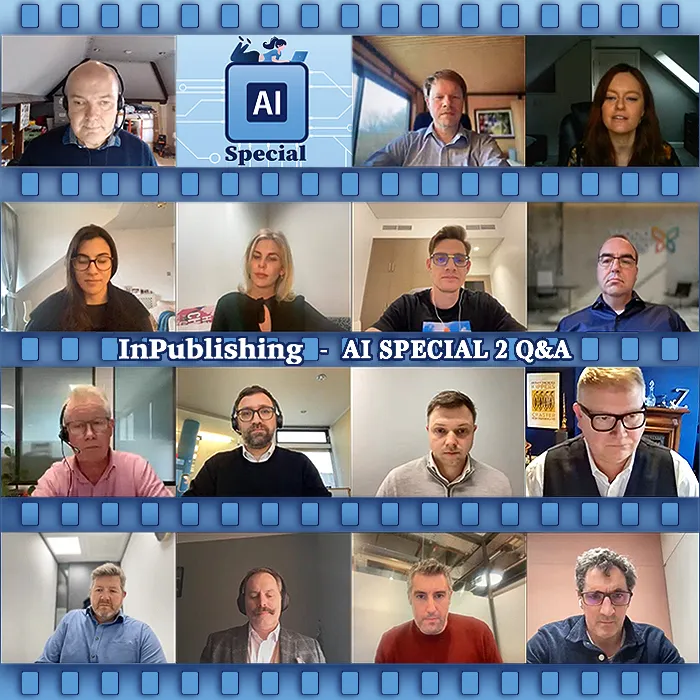All Companies Can Benefit from Crowdsourcing

Most already know that I’m a huge Lego fan, and much admire the way Lego goes about its business. One of the best aspects of Lego is its Lego Ideas portal (formerly Cuusoo) - where customers submit their own ideas for new Lego Sets. Fellow members of the Ideas community vote for the projects they like, and once a project gets 10,000 votes, it is reviewed by the Lego committee for suitability. There is of course a wide set of criteria which decide exactly what is suitable - including factors such as licencing implications, ease of manufacture and parental guidance. When an Ideas project wins full approval it goes into production, and the author behind the new set gets 1% of the revenues.
Eyeka is another kind of crowdsourcing platform - one for creative input in this instance - where big brands like Panasonic, Nivea and Doritos tender creative briefs - typically for videos, animations and other display media. Creatives submit their own efforts based on the brief, and the winner gets a circa €10.000 cash prize.
There are various examples of both business-specific, and other open portal variations - both of which progressive companies can put to good use. Dell has IdeaStorm to source feature requests from its customers. And here at Affino we use the Feature Request Forum - where our customers can submit feature additions, and if those get voted for in sufficient numbers, we add those features to our development roadmap.
The mechanic can be relatively straight forward - a system of requests with voting and comments assigned. Both Lego Ideas and Eyeka are more highly evolved and lead to a much more developed product from the offset, but most crowdsourcing can be much simpler. Progressive companies in the past used to have an ’Ideas Box’ which was sometimes politically misused to champion trickle-down projects from management. The new open format is far more democratic - everyone needs to register of course so you can validate one vote per user etc. and prevent corruption.
Crowdsourcing can be applied to funding - like say Kickstarter, but in this instance I am concentrating more on ideas, features, product design and micro-working in the main. All companies benefit from a fresh perspective, and external ideas often lead to elevated thinking where internal processes may have stalled. One customer by themselves may not be entirely right, but when they are supported by hundreds or even thousands from the same community, then you are usually onto a good thing.
Some of the crowdsourcing sites below are about outsourcing / microworking - where typically home-workers can take on small-ish tasks at a set tariff. Certain platforms are looking to evolve more on the lines of gamification to offer different incentives for those offering their services. Most businesses outsource to a degree for different taks, including disciplines like invoicing, payroll and general admin. I myself did a stint as an office admin temp after graduating from university. Nowadays though you don’t need the staffing agencies or middle-men any more, the crowdsourcing portals have become the new agencies. In fact it can be a very good alternative to Job Agencies - using a small project proposal as a springboard to a more permanent engagement ...
Here follows a lst of 10 great examples of crowdsourcing:

Did you find this content useful?
Thank you for your input
Thank you for your feedback
Upcoming and Former Events
Affino Innovation Briefing 2024
Webinar - Introduction to Affino's Expert AI Solutions - Session #2
Webinar - Introduction to Affino's Expert AI Solutions - Session #1
PPA Independent Publisher Conference and Awards 2023
Driving business at some of the world's most forward thinking companies
Meetings:
Google Meet and Zoom
Venue:
Soho House, Soho Works +
Registered Office:
55 Bathurst Mews
London, UK
W2 2SB
© Affino 2025















